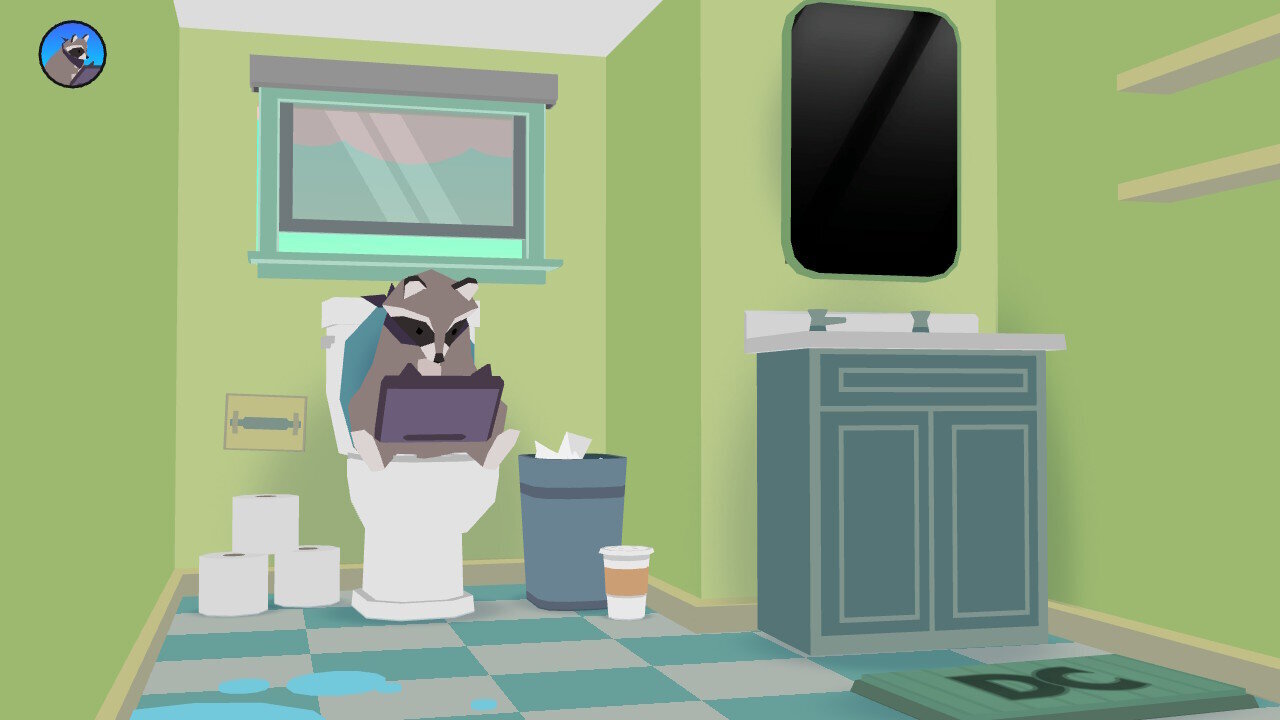Okay, so the title is purposely provocative but did video games actually save the world during Covid? No. No, they did not. Of course they didn't! Covid-19 hasn't gone away but with the vaccines, social distancing and other measures in place, much of the world seems to be getting over the worst of it. However, there is no denying that video games made these long periods of isolation more bearable for huge swathes of the world's population. The mental and emotional wellbeing games provided can't always be measured accurately but from personal and anecdotal experience, it has offered respite from the harsh realities of the world for many.
Ever since I've been a kid, video games have been seem as a waste of time by many, distracting men (apparently gamers are only ‘men’ if much of mainstream media is to be believed) and influencing violence (I’ve written about video game violence before). However, this past year gaming has been an escape for many who haven't been able to get out. Now, some people might say that Netflix or Amazon Prime or any other streaming service really, have done even more by providing almost infinite amount of programming but there is a magical ingredient that is exclusive to gaming- agency. This means it is not a passive medium. You are in control of your destiny and, in a world gone topsy-turvy, that was reassuring for many, providing routine and security.
As well as taking people to magical and fantastical places video games have also allowed people to communicate, collaborate and share their experiences with other people. Now I'm not an Animal Crossing fan but I have many friends and family who have spent hundreds of hours within the game. A huge part of that was due to the fact that you can visit each other on your island and who wouldn't want to do that when there was no physical place to actually meet during the lockdown?
For me, I don’t play online with others as I often find the online world to be quite toxic and stressful so I jumped into Skyrim. I bought the game on the Xbox 360 but never actually played it but when it came on the Switch I bought it about a year ago and have been playing it off and on. During the lockdowns it became my game of choice and I poured a couple of hundred hours into it. I loved the freedom and fantasy the game offers, allowing me some respite from the realities of the world.
However, for others gaming offered a way to process what was happening in the real world. Often, there is a snobbery against gaming with some people saying that gaming worlds don't reflect the real world. Okay, many don't per se but often themes are addressed through allegory- these experiences allow us an opportunity to ruminate or consider our anxieties in a safe space, leaving us better equipped to handle situations in the real world. Games like Death Stranding (about a post apocalyptic postman), Last of Us 2 (about civilisation after an apocalyptic fungal virus creates cauliflower faced zombie creatures) and Plague Inc (a real world simulation about a pandemic spreading) allowed people to process this brave new world we were entering where the familiar became unfamiliar and the busy, comfortable communal spaces became liminal.
On another note, the surge in retro gaming sales has been unprecedented and retro games, consoles and mini consoles of retro systems have broken records in terms of sales. I think it's fair to say that when things go bad people like to remember better times and often it's the sepia tones of childhood and the past that appeals; I know that I bought the recent mini Bubble Bobble arcade machine purely for the feelings of nostalgia and affection for my childhood days with this game.
I loved my arcade machine and have no buyers remorse.
There's no denying that the industry has had an amazingly profitable year with many recording record profits but many of the AAA gaming publishers, as well as some individuals and indie studios, haven't behaved themselves. The industry has been facing multiple scandals covering a whole smorgasbord of abuses including harassment, toxic workplace environments and mandatory overtime (‘crunch’ in gaming parlance). As a gamer I question my complicity by buying games from companies who have allowed such abuses to occur. Should we, as the consumers, voice our concerns by boycotting such companies? I don’t know as obviously this has knock on consequences for the workforce but maybe, by bringing these issues to light, we can save the industry from the unscrupulous CEOs and people in authority who give themselves huge pay rises by sacking the workforce or by rushing out janky video games that don’t work (I’m looking at you CD Projekt Red with Cyberpunk 2077) or allowing workplace predators to continue to profit from shares in the company even though they have left the company? It’s a multi-faceted and complex problem but video games have been a refuge for many this year and I hope we, as gamers, appreciate that the gaming workplace needs our support and we need to stand up against those in authority who are hurting the industry through loot-boxes, poorly thought out ‘roadmaps’ for DLC and per-orders and actual malpractice and predatory behaviour.
Video games have been a welcome respite for me during this difficult year but at what cost to the creators and teams behind their creation? Did video games save the world? No. But did it offer a safe haven and respite for hundreds of millions at home? Yes. Now that we seem to be coming out of the pandemic we need to make sure that the workers in the industry are supported and safe and those in positions of power, who are abusive. are made to take account of their actions.
It’s been a strange time but what a time to be alive where there is the possibility of real change in the world.
LINK- The Last Guardian- Video Games As Art
LINK- The Stone Tapes (BBC)- Cult TV Review
LINK- The Rise of Retro Gaming During Covid
LINK- Blood, Sweat and Pixels- Book Review
LINK: Japan: My Journey to the East
LINK- An English Geek in Saudi







